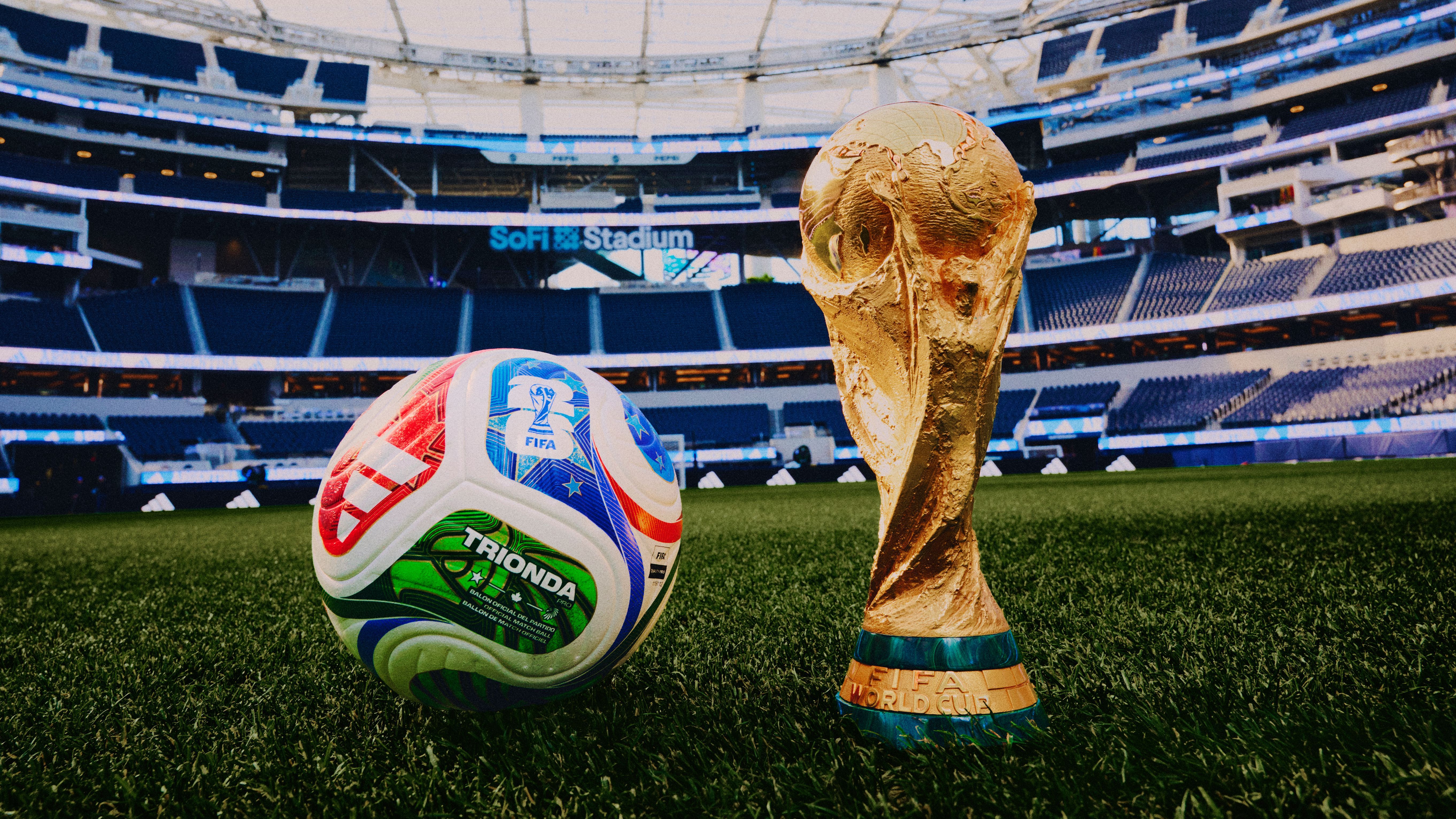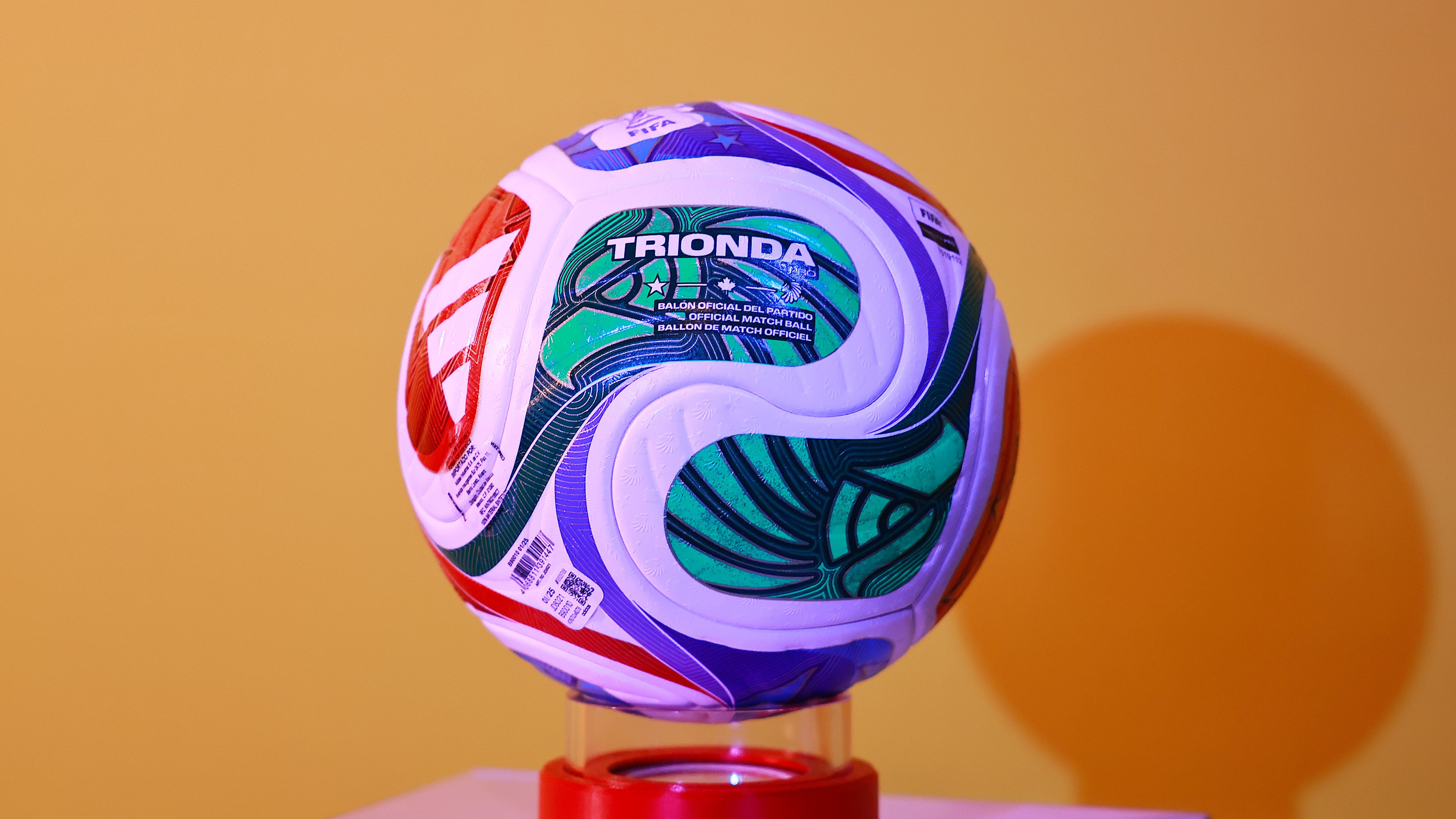


Unveiling FIFA’s Fresh Strategy for 2026 World Cup Ticket Resales
The global soccer governing body, FIFA and the 2026 World Cup, is transforming how fans access tickets on the secondary market, sparking widespread discussion about affordability and revenue tactics. This overhaul moves away from traditional controls, introducing a 15% fee on resales that aims to balance profitability with fan accessibility while navigating varying regulations across host nations.
FIFA’s Evolving Approach to Secondary Ticket Sales
In contrast to earlier World Cup events, where resale prices were strictly limited to original costs and fees remained minimal at under 10%, the international soccer authority has pivoted its strategy for the upcoming tournament.
Departure from Price Restrictions in Key Markets
For the 2026 edition, authorities have opted to remove price ceilings specifically for games in the United States and Canada. Representatives argue that enforcing such limits might push vendors toward unofficial sites like alternative ticketing services, potentially undermining official oversight and fan safety.
Adapted Policies in Response to Local Laws
In Mexico, however, where regulations on reselling are more rigorous, the organization has adjusted its framework. Following advocacy from local officials for enhanced buyer safeguards, agreements were reached to enforce price restrictions at face value for events within Mexico, highlighting a tailored response to regional demands.
The Mechanics and Implications of the 15% Resale Fee
By imposing a 15% charge on every buyer and seller involved in a transaction, the soccer federation effectively secures $30 per $100 exchanged through its dedicated platform. This setup generates extra income streams outside initial sales and mirrors common charges from prominent American resale firms, such as leading secondary market operators.
Rapid Price Surges Post-Launch
Almost immediately after the platform went live on Thursday, a flood of listings emerged with prices skyrocketing, often exceeding original purchase amounts by multiples-sometimes surpassing tenfold from the prior day’s official distribution.
Speculator Activity Amid Available Stock
Even with abundant tickets still offered at standard rates through authorized outlets, evidence points to investors rapidly securing spots for elite fixtures. This includes coveted events like the championship at MetLife Stadium and prominent preliminary round clashes, driven by intense demand that outpaces supply.
Revenue Potential and Strategic Decisions
The expanded 2026 tournament, featuring 104 matches at 16 different sites, opens the door for massive secondary market activity, allowing the organization to amass significant additional funds beyond the primary sales revenue already in the billions.
Balancing Profit with Market Dynamics
This financial prospect influenced the choice to permit unrestricted pricing in the U.S. and Canada, coupled with a fee model designed to extract considerable value from each deal, ensuring a sustainable approach to ticket distribution while adapting to global economic realities.
Understanding the 15% Fee on FIFA’s 2026 World Cup Ticket Resale Platform
The buzz around the 2026 World Cup has been intensifying, especially with reports that FIFA is set to introduce a 15% fee on both buyers and sellers for its official ticket resale platform. This move comes as initial ticket prices continue to climb, with categories ranging from as low as $60 to a staggering $6,730, influenced by dynamic pricing strategies. For fans eager to catch the action, this fee structure could significantly impact how they approach purchasing and reselling tickets, making it essential to understand the details.
This 15% charge applies to transactions on FIFA’s resale platform, affecting both parties in the deal. Sellers will pay 15% of the sale price, while buyers will also face an additional 15% fee on their purchase. It’s a double-edged sword designed to regulate the resale market, but it has sparked debates about affordability amid already rising initial prices for 2026 World Cup tickets. For instance, final tickets at venues like MetLife Stadium have been spotted reselling for over $38,000, highlighting how dynamic pricing and high demand are fueling these costs.
How the Fee Structure Works in Practice
Diving deeper, FIFA’s resale platform aims to create a controlled environment for ticket exchanges, but the 15% fees add an extra layer of complexity. When a seller lists a ticket, they’ll incur the fee based on the final sale amount, which could deter casual resellers. On the flip side, buyers might end up paying substantially more than the listed price. For example, if a ticket is resold for $1,000, the seller pays $150 in fees, and the buyer adds another $150, effectively making the total cost $1,300 plus the original price.
This setup is part of broader 2026 World Cup ticket sales phases and rules, which include dynamic pricing that adjusts based on demand. The platform’s launch has already seen tickets listed for tens of thousands, raising concerns about accessibility for everyday fans. According to reports, this fee isn’t just a flat rate; it’s applied per transaction, potentially leading to even higher effective prices as the event approaches[başvurmak:[başvurmak:https://thesoccerera.com/2026-world-cup-final-tickets-reselling/].
The Impact on Rising Initial Prices and Fan Accessibility
With initial 2026 World Cup ticket prices already soaring due to dynamic pricing models, the addition of a 15% fee on resale could exacerbate the issue. Dynamic pricing means costs fluctuate based on factors like seat location, match popularity, and real-time demand, so popular games might see prices jump from $60 for basic seats to over $6,000 for premium ones. When resale kicks in, these fees could push prices even higher, making it tougher for average fans to attend.
One major concern is how this affects global accessibility. Fans from less affluent regions might find it harder to justify the extra costs, potentially limiting the event’s diverse audience. However, FIFA argues that the platform helps combat scalping by keeping transactions official, which could stabilize prices in the long run. Still, early data from the resale launch shows tickets for high-demand matches reselling at inflated rates, adding fuel to the controversy[başvurmak:[başvurmak:https://www.nytimes.com/athletic/6685993/2025/10/03/world-cup-ticket-resale-fifa/].
Benefits of the Resale Platform for 2026 World Cup Fans
While the 15% fee might seem burdensome, there are clear benefits to FIFA’s approach that could enhance the overall experience for soccer enthusiasts. For starters, the platform provides a secure, verified way to buy and sell tickets, reducing the risks associated with unofficial resellers. This means buyers can feel more confident about getting authentic tickets without falling victim to scams.
Another upside is the potential for fairer distribution. By charging fees on both sides, FIFA incentivizes reasonable pricing, as sellers might think twice before listing tickets at exorbitant rates. Over time, this could lead to a more balanced market, ensuring that true fans, rather than profiteers, get access. Plus, the revenue from these fees might go toward improving event infrastructure or fan services, indirectly benefiting attendees.
- Security and Transparency: All transactions are tracked, offering peace of mind for buyers and sellers alike.
- Global Reach: The platform is designed for international users, making it easier for fans worldwide to participate in the 2026 World Cup excitement.
- Potential Price Stabilization: If enough users adopt the platform, it could help cap resale prices by discouraging extreme markups.
Practical Tips for Navigating 2026 World Cup Ticket Resales
If you’re planning to dive into the 2026 World Cup ticket scene, here are some practical tips to handle the 15% fee and rising prices effectively. First, monitor the official sales phases closely-tickets often go on sale in waves, giving you multiple chances to snag them at lower initial prices before resale becomes necessary.
Start by setting a budget that includes the potential 15% fees, so you’re not caught off guard. For example, if you’re eyeing a $500 ticket, factor in an extra $150 for fees. Use tools like price alerts on the FIFA platform to track fluctuations in dynamic pricing, helping you buy when costs dip.
- Buy Early: Secure tickets during the initial sales to avoid resale fees altogether.
- Research Resale Options: Compare the official platform with any secondary markets, but always prioritize verified sources to minimize risks.
- Consider Group Purchases: Buying with friends might lower per-person costs, especially if you can split premium seats.
If you’re reselling, price your tickets competitively to attract buyers quickly, keeping the 15% fee in mind to maximize your net return. Remember, timing is key-list early in the sales phases when demand is high, but before prices skyrocket.
Case Studies from Similar Events
Looking at past events provides valuable insights into how fees like FIFA’s 15% charge might play out for the 2026 World Cup. For instance, during the 2022 World Cup, unofficial resale platforms saw tickets for popular matches sell for double or triple their original price, leading to widespread fan frustration. In contrast, events like the UEFA Champions League have implemented similar fee structures, which helped reduce scalping and ensured more tickets stayed with genuine supporters.
One real-world example comes from the resale of 2022 final tickets, where dynamic pricing pushed costs up, and resellers faced backlash for profiteering. Fans reported that official platforms with fees made transactions smoother, though the extra costs still deterred some attendees. Drawing from this, for 2026, experts suggest that FIFA’s approach could lead to a more organized market, but only if the fees are balanced against affordability[başvurmak:[başvurmak:https://theworldcupguide.com/world-cup-2026-ticket-essentials-new-pricing-rules/].
First-Hand Experiences from Early Users
From what we’ve heard from early users of the 2026 resale platform, the experience has been a mix of excitement and caution. One fan shared how they successfully resold a ticket for a group stage match, netting about 85% of their asking price after fees, which they viewed as a fair trade for the security. Another buyer mentioned that while the 15% fee added to their costs, the peace of mind from an official transaction was worth it, especially with initial prices already on the rise.
These stories underscore the importance of preparation-users who researched dynamic pricing trends beforehand were better equipped to handle the fees and secure spots at must-see games. As more fans share their journeys, it could shape how FIFA refines the platform moving forward.









